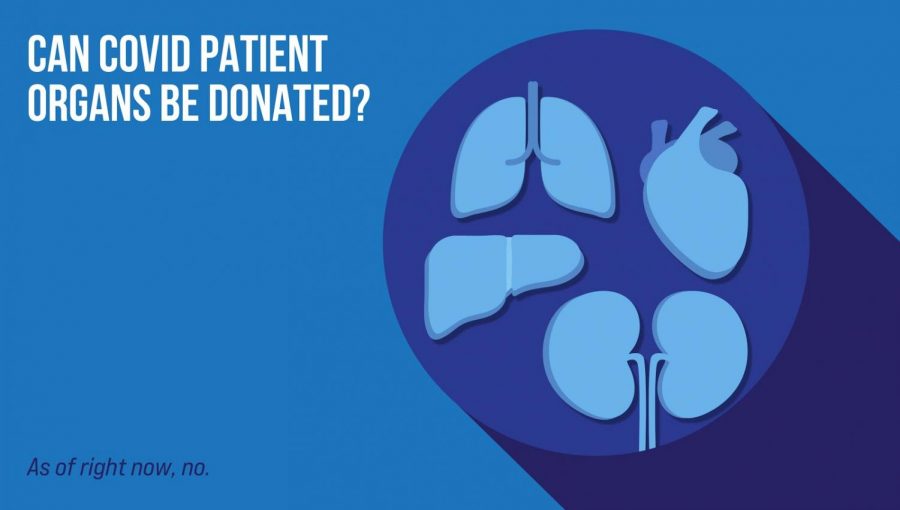JACKSONVILLE, Fla. – Over 100,000 men, women, and children remain on the transplant waiting list as of this year, and during this pandemic, the delay may be longer.
According to the U.S. Government Information on Organ Donation and Transplantation, a new person’s name jumps on the list every nine minutes. The average wait time for a patient to receive their needed organ is about four years.
Hospitals are gearing themselves to meet those needs with such high demands when dealing with COVID-19 positive patients.
“[Mayo Clinic] cross-trained about 80 providers to be able to understand more hospital medicine practice guidelines to prepare for that worst-case scenario,” said Dr. Amanda Chaney, liver transplant nurse practitioner at the Jacksonville Mayo Clinic campus and University of North Florida alumni. “Thankfully, we didn’t go there, but I don’t know what the next four or five months will be with the projections as they are at this time.”
Kidneys rank as the most needed organ, with a rate higher than liver, heart and lungs combined. But organ donors must meet narrow health criteria.
People who seek to donate their organs and have tested positive for COVID-19 disqualify themselves from donating though they seem healthy. Their organs are deemed compromised and won’t serve their life-saving purpose, though the virus affects the respiratory system.
COVID-19 is spread through droplets in the air and heavily affects the body’s immune system, making it more susceptible to other infections.
“The virus inactive…passed on, which has been instances of transplants of certain diseases that were thought were inactive, and a transplant that they passed on to the recipient,” said Dr. Shyam Paryani, radiation oncologist and clinical professor at UNF.
Patients who are positive for the virus are not qualified to receive any organ transplants. But once a patient clears, they are returned to the list. The Mayo Clinic requires three negative consecutive nasal swab tests for a patient.
But other health concerns don’t end once the patient receives their transplant, even during this pandemic.
Organ transplant patients receive immunosuppressants to prevent the body from rejecting the new organ; however, it leaves the patient vulnerable to other significant infections that can lead to multiple organ failures.
“If they get an infection, it can be much more serious to them,” said Dr. Chaney. “That common cold could produce pneumonia for them.”
When New York was the COVID-19 hotspot, organ transplant recipients reported higher risks of infection and experienced more severe virus symptoms.
The health safety guidelines currently in place, such as masks and social distancing, are not new. Organ transplant recipients are all told to wear masks and social distance themselves for weeks after their surgery.
With the new vaccines racing for the U.S Food and Drug Administration’s approval, medical personnel are still concerned about what’s ahead.
“[It’s] the uncertainty of what’s going to happen in the next few months. Most people think… [with] the sudden jubilation of the vaccine announcement that suddenly, one day, we’re going to wake up, and all is normal again. That life is back to normal,” Dr. Paryani said. “Well, I think most of us are going to be up for a rude awakening.”
The medical field is striving to meet the needs of all patients, including organ transplants.
__
For more information or news tips, or if you see an error in this story or have any compliments or concerns, contact editor@unfspinnaker.com.
















